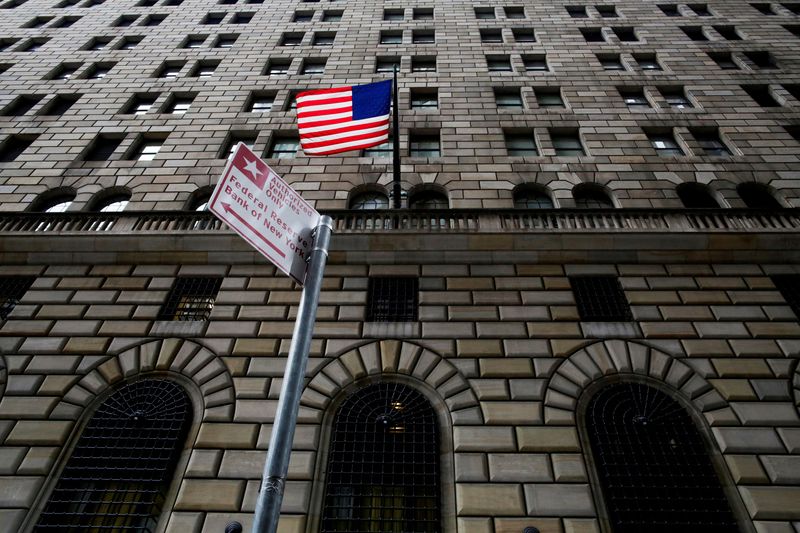
(Reuters) – The boards of directors of the Federal Reserve’s 12 regional banks have grown more diverse by gender and race in 2025, data released by the U.S. central bank on Monday showed, though as a group the banks’ chairs and deputy chairs have not.
Women hold 10 of the 24 leadership positions at Fed bank boards, the same number as last year, a Reuters review of those named this year shows. Eleven of the chairs and deputy chairs appointed this year identify as Black, Hispanic, or otherwise non-white, down from 14 last year.
More broadly, however, of the 108 spots on the 12 Fed bank boards, 43% are filled by women, up from 39% last year. Some 39% are held by people of color, up from 37% last year.
The Washington-based Fed Board, which picks chairs and deputy chairs and has at least some influence over the majority of the other choices, has spent years trying to bring in more women and people of color to be Fed bank directors, a group that as recently as 2018 were majority white and male.
Directors do not set monetary policy themselves but they regularly share their perspectives on the economy and credit conditions with Fed bank presidents, who say that diversity of views leads to better policymaking in part because it makes them less likely to overlook key corners of the $23 trillion U.S. economy.
A report published by the Manhattan Institute last year argued that the Fed has tried to “overcorrect” for its previous lack of racial and gender diversity, and should pay more attention to other forms of representation, including more balance along the partisan political divide.
U.S. central bankers say politics do not and should not enter their monetary policymaking process.

